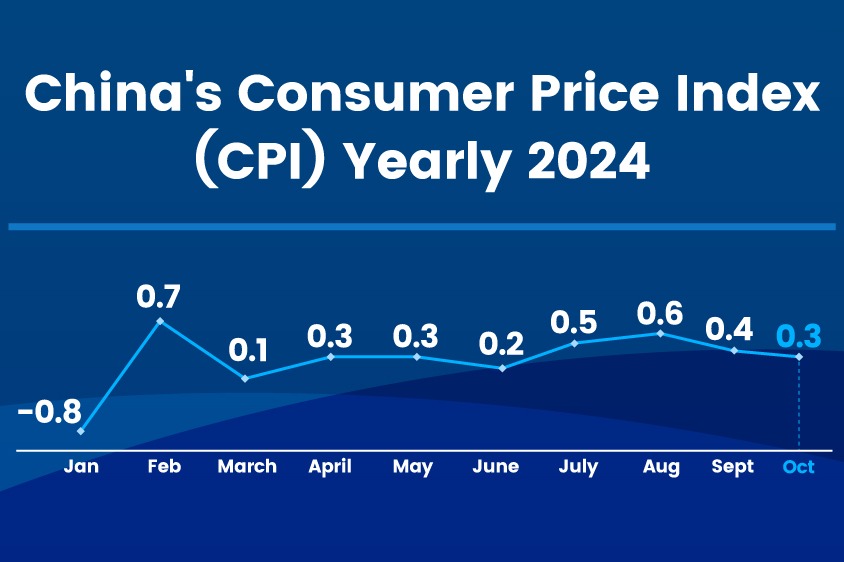WEF highlights top 10 emerging technologies


A flagship report from the World Economic Forum was released at this year's Summer Davos Forum, highlighting the top 10 emerging technologies set to positively impact society within the next three to five years.
The report features groundbreaking technologies such as flexible batteries powering wearable medical devices, generative AI capable of creating original content and sustainable aviation fuel.
In collaboration with Frontiers Media, the Top 10 Emerging Technologies of 2023 report - now in its 11th year - brings together the perspectives of over 90 experts from 20 countries in the world.
New technologies have the power to disrupt industries, grow economies, improve lives and safeguard the planet – if designed, scaled and deployed responsibly, said Jeremy Jurgens, managing director of the World Economic Forum.
Since the first edition in 2011, the annual report has identified little-known technologies that have gone on to have global impact. For example, messenger ribonucleic acid (mRNA) vaccines, which earned their place in the 2017 report, became the technology underpinning the majority of COVID-19 vaccines protecting lives worldwide.
Here's the full list of this year's top 10: flexible batteries, generative artificial intelligence, sustainable aviation fuel, designer phages, metaverse for mental health, wearable plant sensors, spatial omics, flexible neural electronics, sustainable computing and AI-facilitated healthcare.
The 14th Annual Meeting of the New Champions, also known as the Summer Davos Forum, is ongoing in the major port city of Tianjin in northern China, attracting more than 1,500 participants from business, government, international organizations and academia.
With the theme of "Entrepreneurship: The Driving Force of the Global Economy," the event covers six key pillars: rewiring growth, China in the global context, energy transition and materials, post-pandemic consumers, safeguarding nature and climate, and deploying innovation.




































